Being frank, open and honest with your customers is the only long term way of keeping their trust – even in the wake of scandal and tragedy. This seems to be the approach that GoDaddy.com, the sponsors of the IndyCar Challenge, has taken after the devastating death of driver Dan Wheldon.
The web hosting/domain registration company has not in any way ‘gone dark’ to avoid drawing attention to the tragic accident, but rather it has been boldly up front about the accident.
Condolences were issued almost immediately straight from the top – the company’s CEO. GoDaddy’s homepage, despite being a key e-business transactional platform for the brand, is dominated by sympathetic condolence statements by GoDaddy CEO Bob Parsons and the brand’s spearhead IndyCar driver ambassador Danica Patrick
“Our thoughts and prayers go out to Dan Wheldon’s family and friends on this sad, sad day. All of us in the IndyCar family feel an unexplainable sense of loss. Not just for the sport, but for all who knew Dan Wheldon. Dan was a family man, a father, a husband, a son and a brother. The two-time Indianapolis 500 winner was also a competitor and a colleague … our deepest condolences go out to all who knew Dan.” Bob Parsons Go Daddy CEO & Founder.
“Racing lost a wonderful champion today. Dan brought so much excitement and personality to the sport and its fans. He was a great driver and I feel privileged to have raced with him. I pray not only for him, but for his wife Susie, their two boys Sebastian and Oliver, and the rest of his family.” Danica Patrick GoDaddy.com #7
The company’s homepage also includes prominent PR contact details and a link to GoDaddy’s own Dan Wheldon Tribute Site.
The tribute site includes a memorial gallery, a condolences function links and information, memorial details and a guide to contributing to the Dan Wheldon Family Trust Fund.
The GoDaddy.com’s IndyCar Challenge Sweepstakes was a unique $5M competition that took place within the final race of the IndyCar season at Las Vegas. It was a joint ‘driver & competition winner’ initiative, which invited fans to enter the GoDaddy-sponsored competition via Verizon IndyCar Mobile App or the IZOD IndyCar website.
The winner and guest was treated to a VIP trip to the IZOD INDYCAR World Championships in Las Vegas and would share the $5m prize with driver Dan Wheldon if he won the challenge by driving from last place on the grid to first place across the finish line.
Comment:
Sometimes sponsorships do go catastrophically wrong. Tragedies like this are thankfully rare for sponsors, even in extreme and dangerous sports, but most years there are events that have the potential to rock a sponsor’s brand values and destroy a well formulated marketing strategy.
These include natural disasters and human rights violations, drugs violations and sex scandals, to outlandish behaviour, badmouthing a sponsor or its products, equipment malfunction, cheating and crime.
It is vital for sponsors to have a disaster and backlash plan in place, so brands can react quickly according to previously agreed principles and tactics.
Strategies employed by sponsors vary from case to case, but the rule of thumb in order to maintain consumer trust is to be open, honest and communicative and above all to remain engaged rather than the install a news blackout or evade the issue.
“Telling the truth is always a good long-term strategy,” says Scott Armstrong, a marketing professor at the University of Pennsylvania’s Wharton School of Business. “When that’s violated, it leads to a fall.”
This applies to most negative brand stories, as well a sponsorship related events. For example, when cyanide-laced capsules of Extra Strength Tylenol were linked to seven deaths in the Chicago area in 1982, parent company Johnson & Johnson faced a full-blown crisis. CEO James Burke issued a full recall of the product and engaged in regular media updates that were unusually honest for the time. All consumers with bottles of Tylenol capsules could swap them for Tylenol tablets at Johnson & Johnson’s cost.
The most common problem in recent years from sponsors is how to react to star scandals. Brands invest heavily in ambassadors and teams, but increasingly there is a risk of negative association and backlash.
High profile examples of these include:
Tiger Woods – sex scandal
This scandal will be remembered for years to come. Tiger was literally branded up to his eyeballs by Accenture, AT&T and Gatorade dropped Woods from their sponsorships roster
Kobe Bryant – sexual assault charges:
Brands ranging from Coca-Cola, McDonald’s and Nutella abandoned their sponsorships
OJ Simpson – murder charges:
Hertz cut its sponsorship
Barry Bonds – steroid drugs scandal
MasterCard, Charles Schwab and KFC all dropped the baseball star
Katerina Thanou – failed drugs test
Adidas suffered embarrassment and dropped its poster stars for the 2004 Athens Olympics
Martina Hingis – criticism of company merchandise
Sergio Tacchini severed its sponsorship deal after criticism of its products
Dennis Rodman – outlandish behaviour
Converse axed its deal after what it considered inappropriate brand ambassador behaviour
Michael Vick – Criminal dog fighting
Nike terminated its contract, Reebok ceased sales of his #7 jersey and Upper Deck removed autographed memorabilia from its shelves.
Links:
www.youtube.com/watch?v=sc-yYAWCLeQ
www.youtube.com/watch?v=UtOr_uFHYoQ

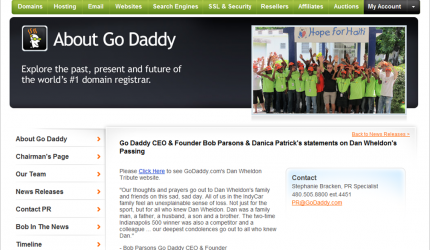
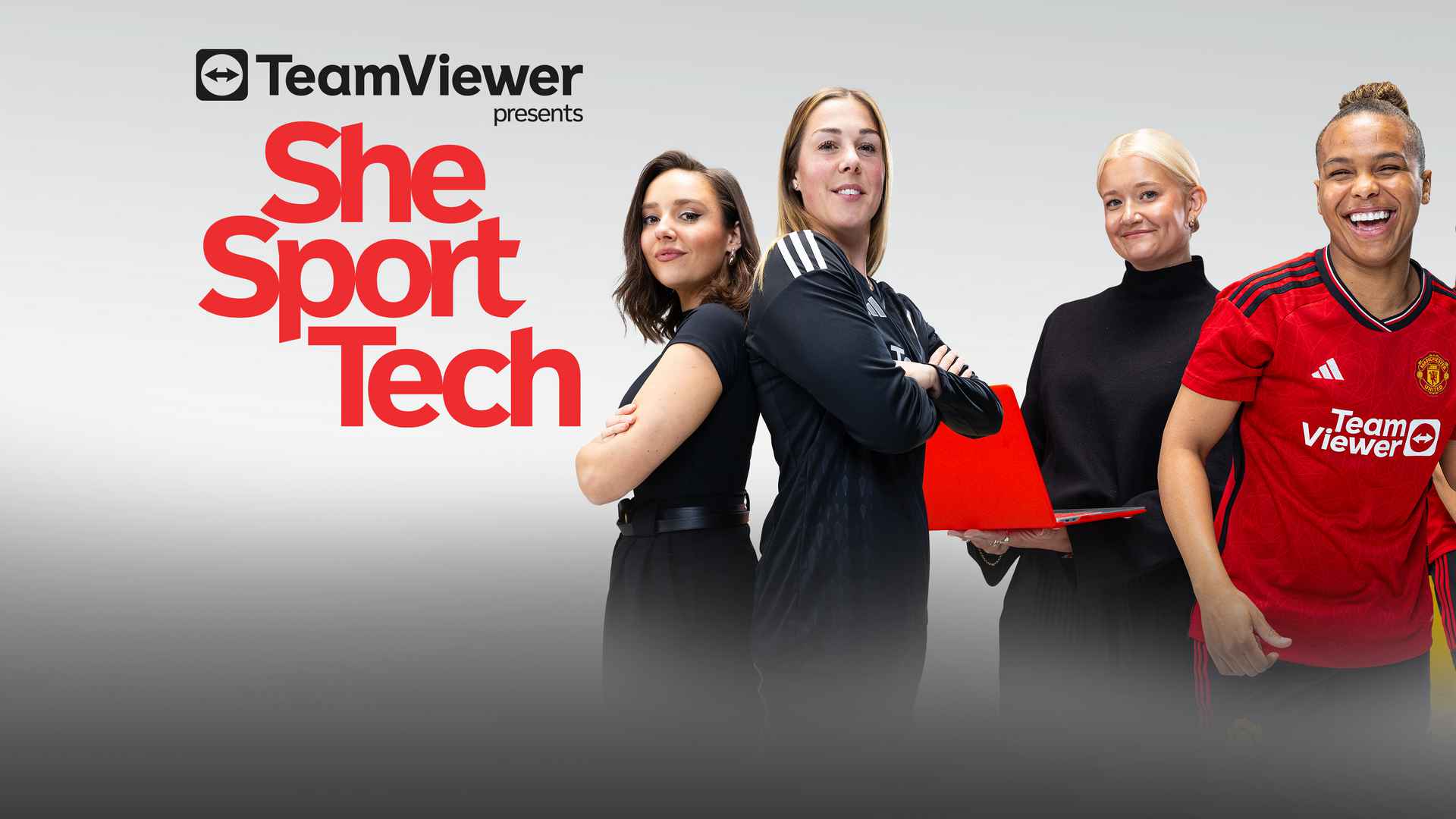

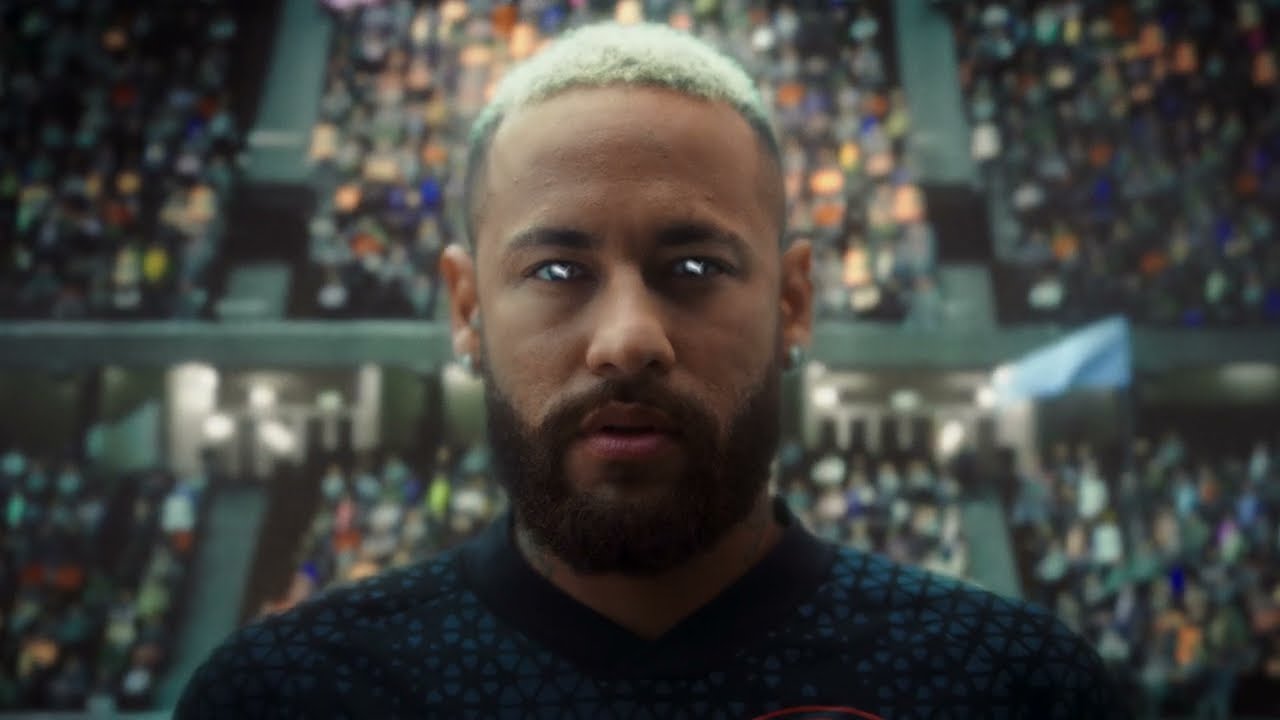

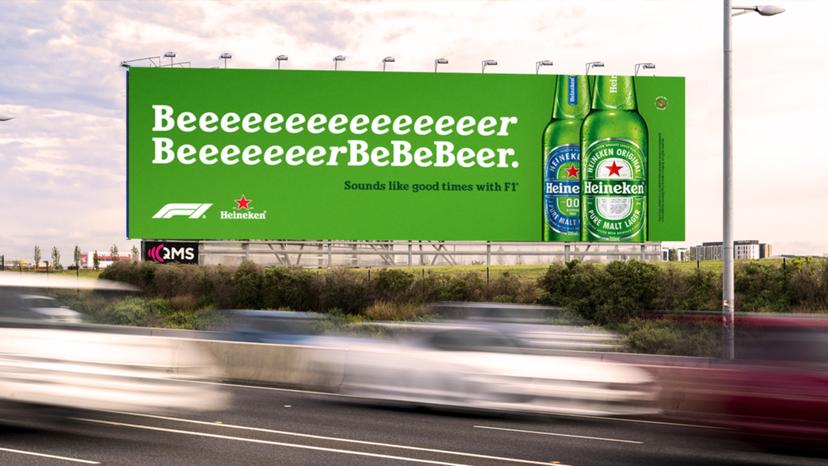

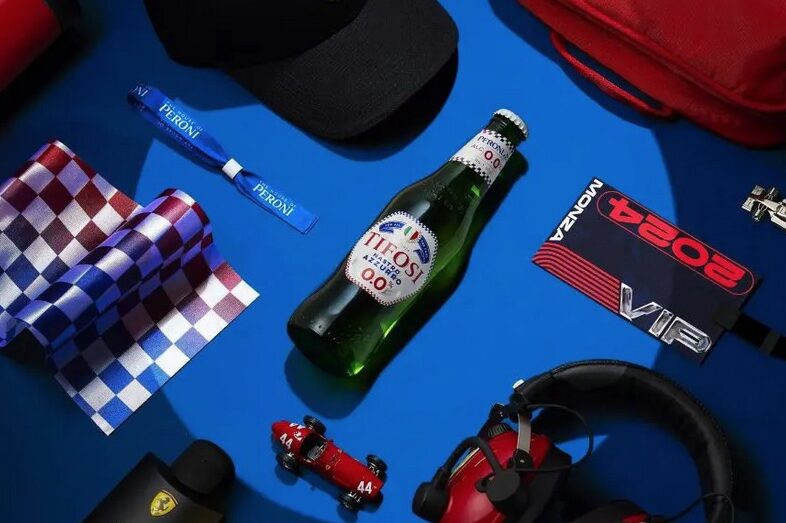

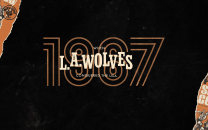


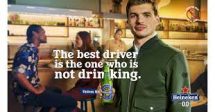

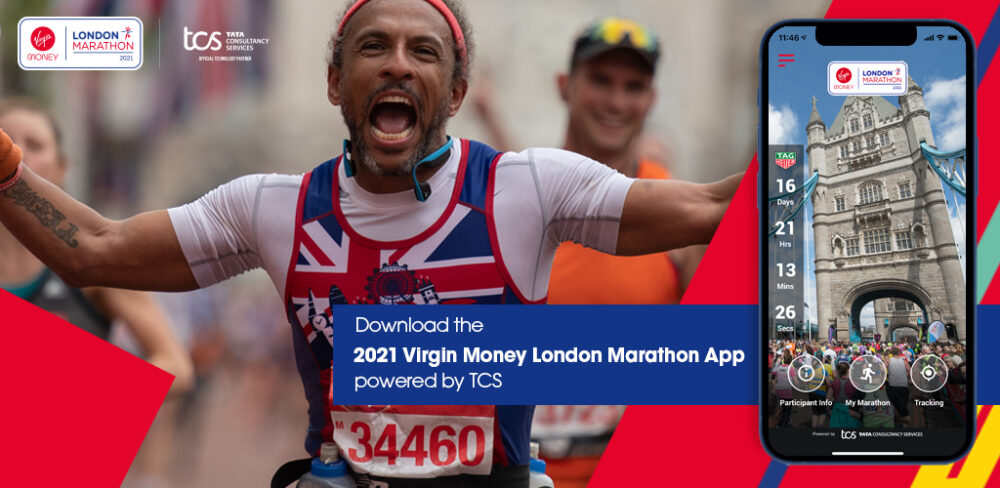
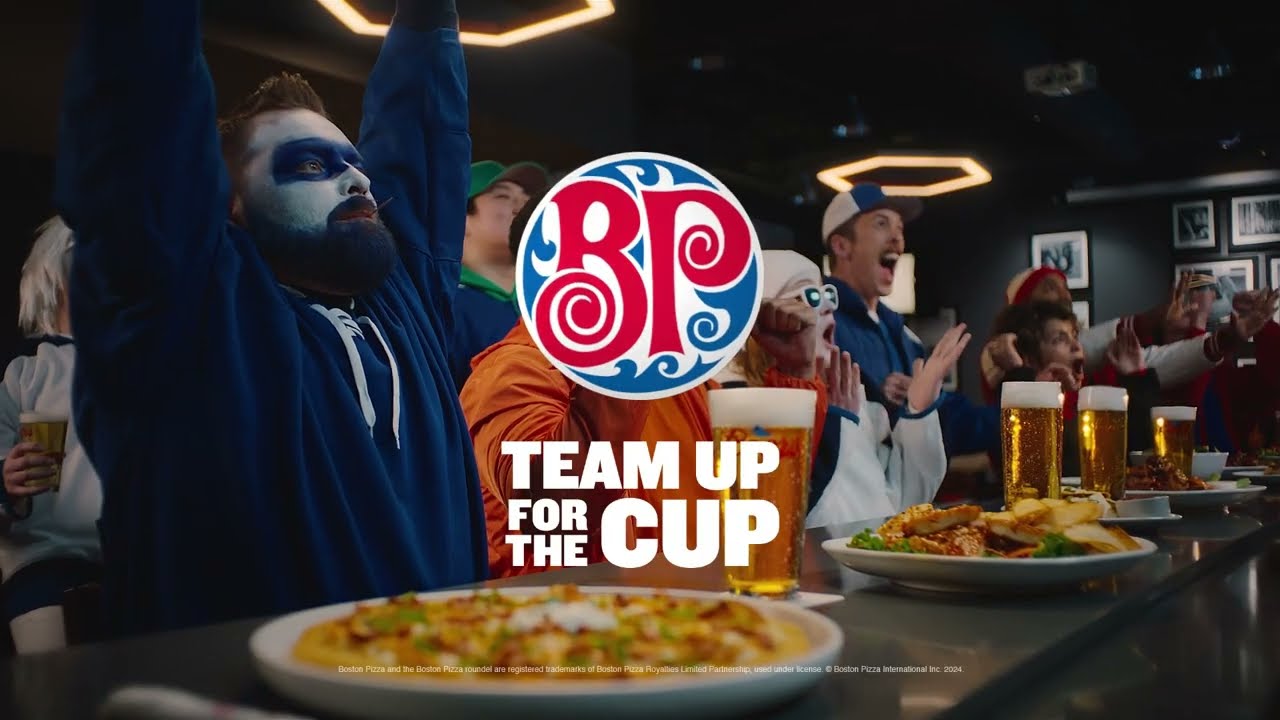

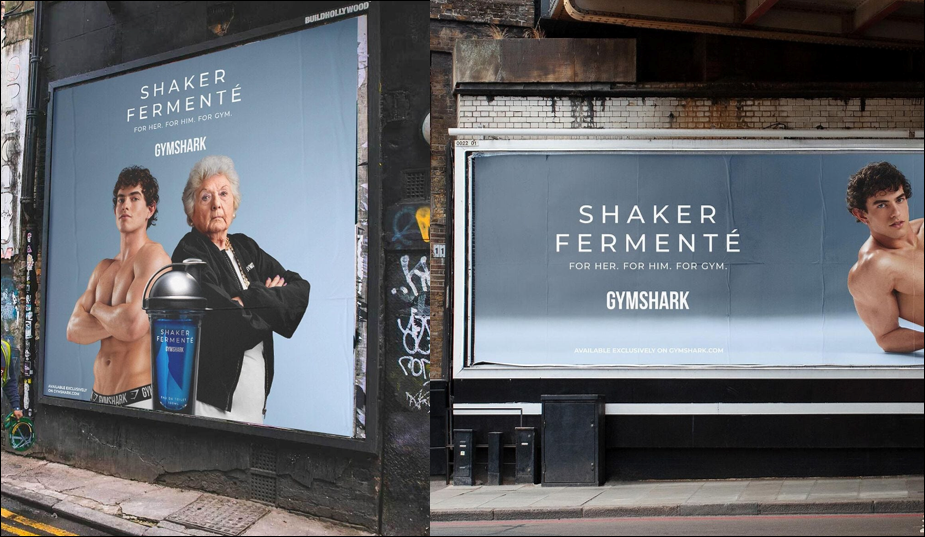
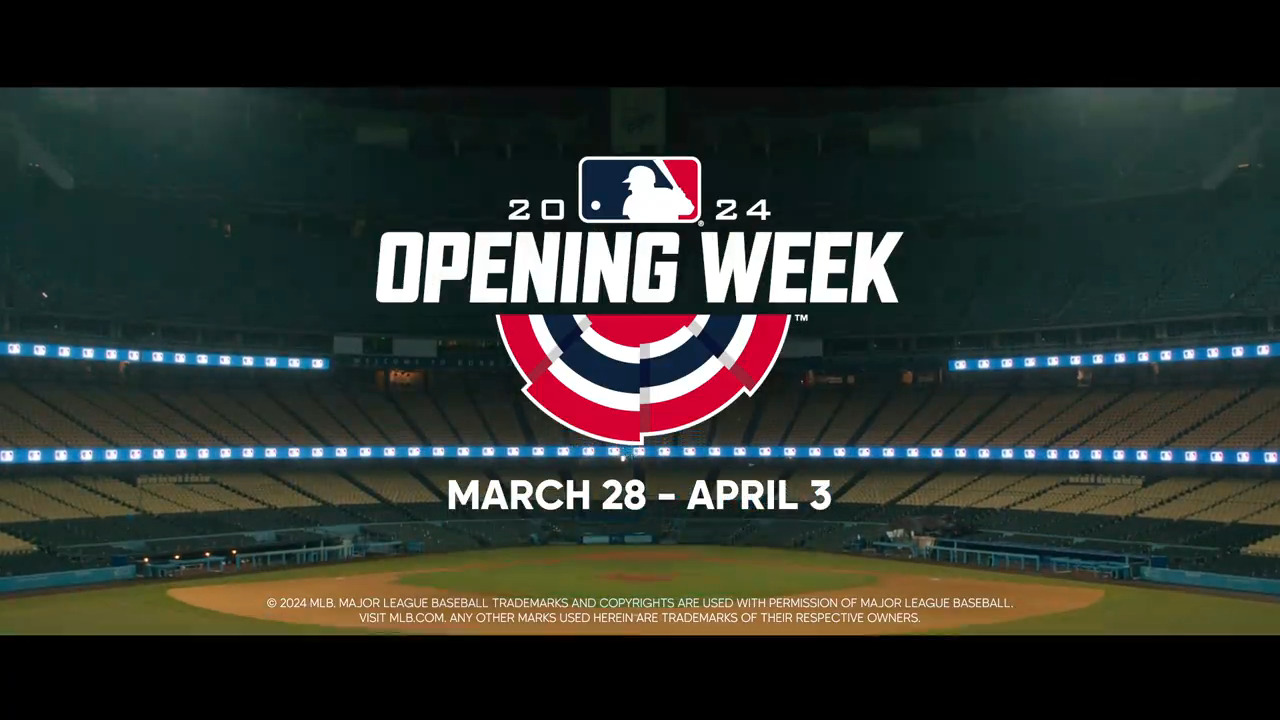
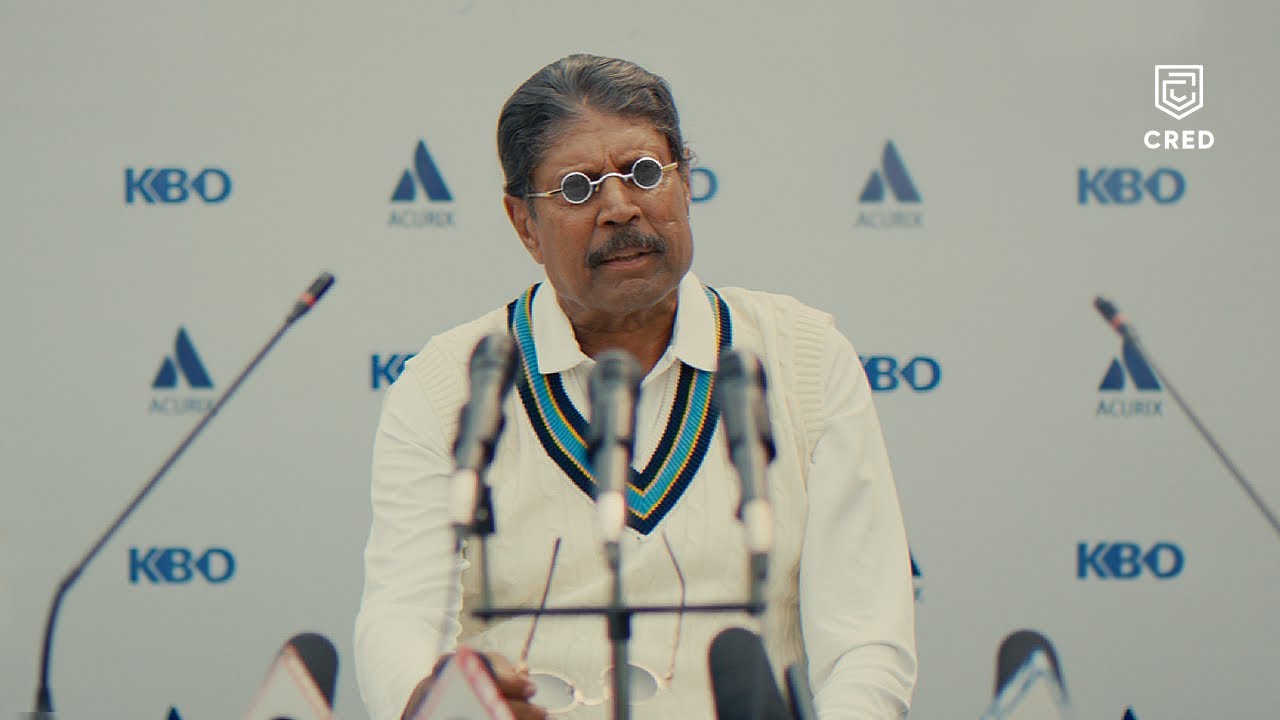
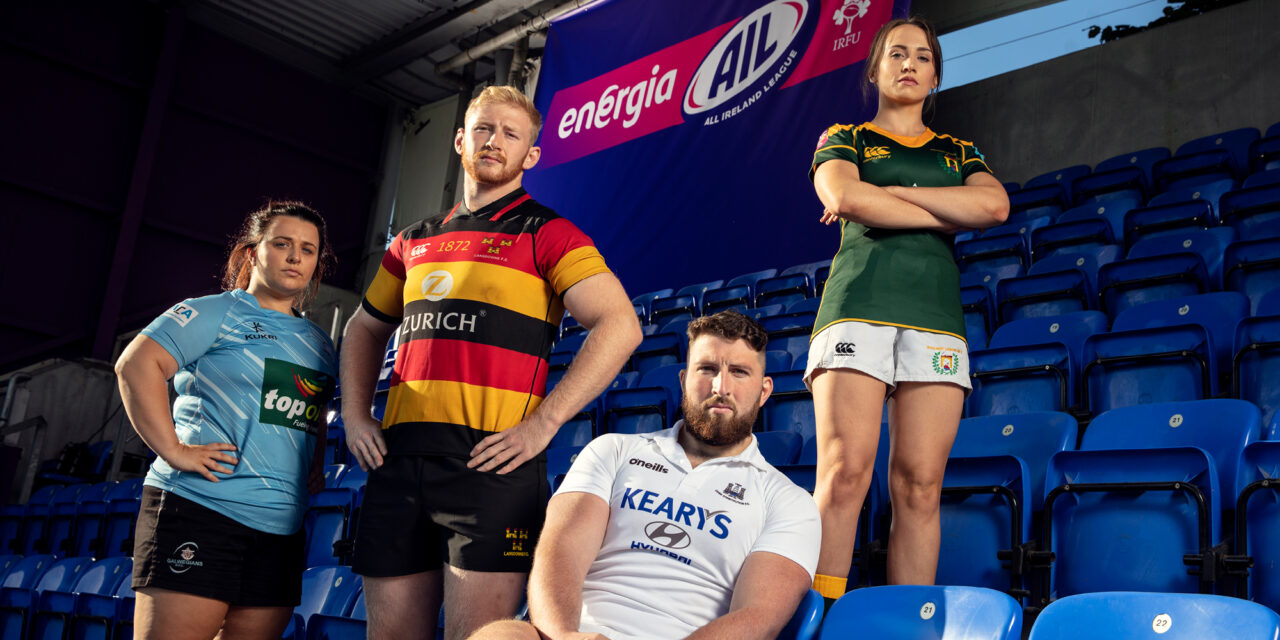
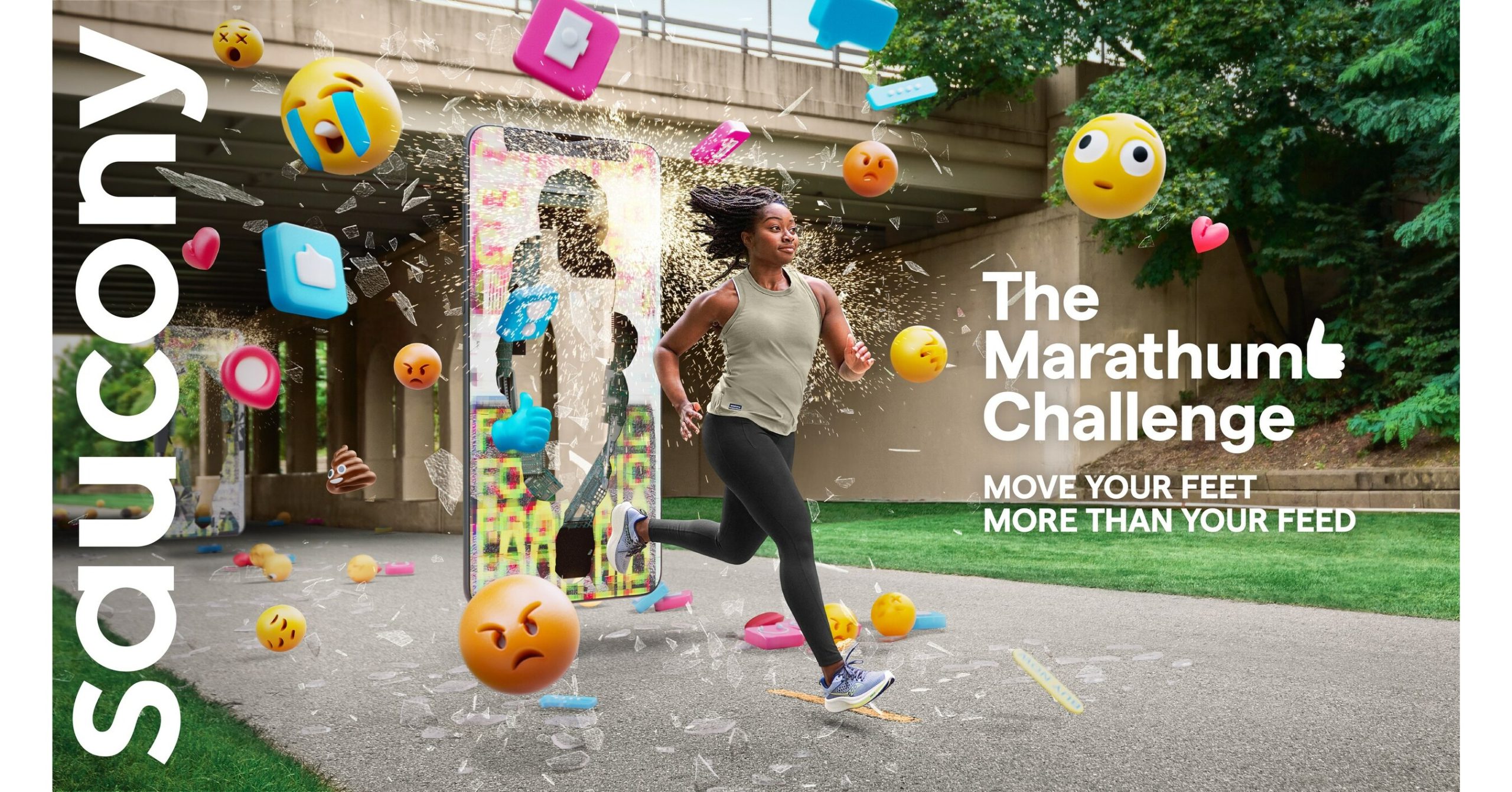

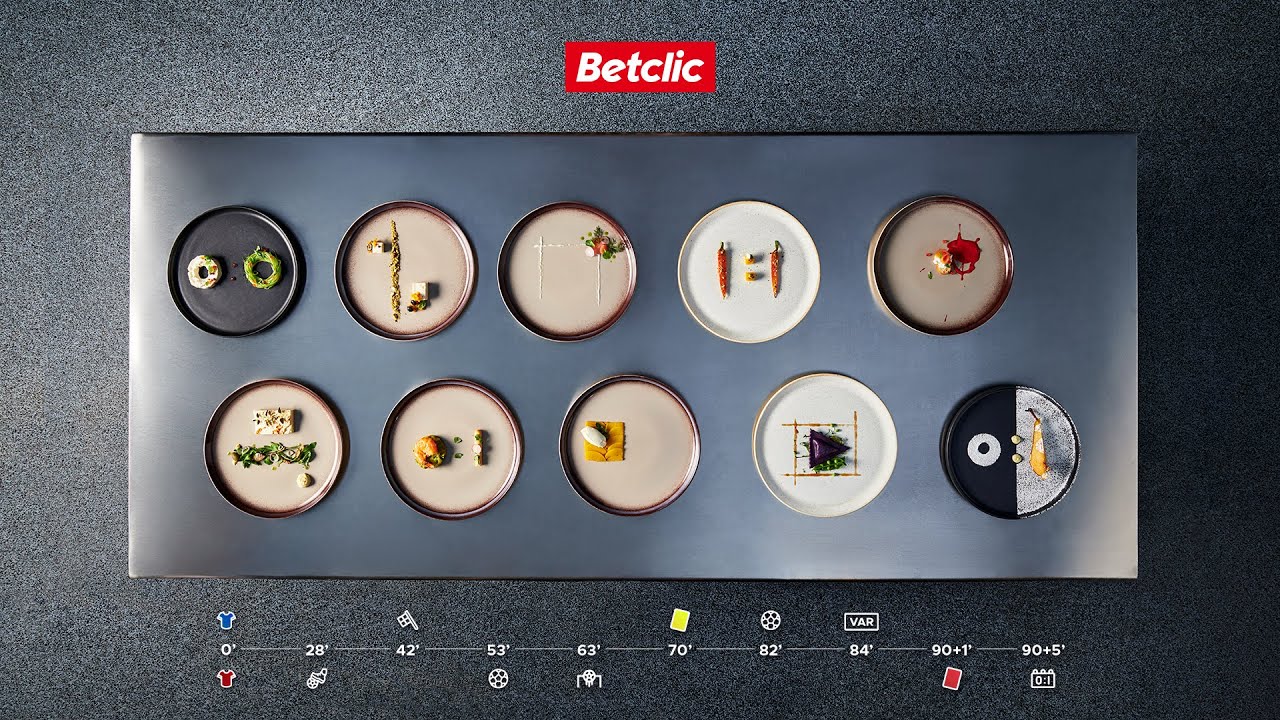

Leave a comment
You must be logged in to post a comment.